Charcoal toothpaste can lift some surface discoloration from teeth, but it doesn’t whiten them more effectively than conventional toothpastes. The long-term consequences of using it remain uncertain.
Activated charcoal has become a major trend in beauty and wellness circles. It appears in many commercial facial masks and scrubs, and some people promote it as a home remedy for brighter teeth.
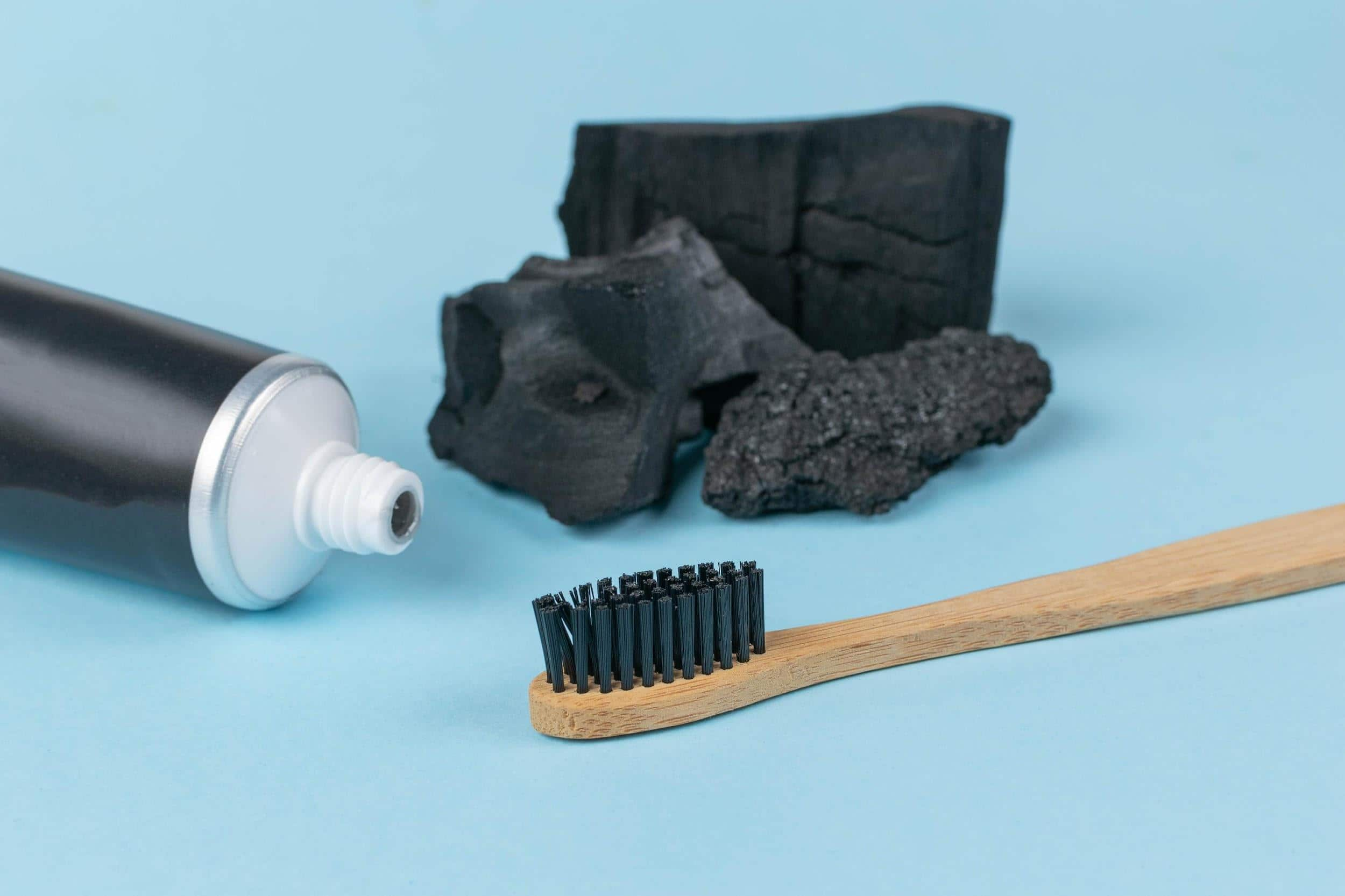
Activated charcoal — the variety included in beauty items and toothpastes — is a fine, powdery substance produced from wood, coconut shells, and other organic materials that are oxidized at very high temperatures.
There are numerous charcoal-based toothpastes on the market today, sold online and in drugstores. Charcoal is highly porous and is used in medicine to bind and remove toxins. But does it truly work to whiten teeth?
Continue reading to explore the advantages and disadvantages of using charcoal toothpaste.
Is charcoal toothpaste safe?
More studies are required to determine the long-term safety of charcoal toothpaste. A 2017 review suggests dentists should caution patients about charcoal-based toothpastes because of unverified claims and potential safety issues.
Here’s what we do understand about charcoal toothpaste so far:
- Charcoal toothpaste can be overly abrasive for daily use. Applying an overly abrasive substance to teeth can erode enamel. This erosion can make teeth look more yellow by revealing dentin, a naturally yellowish tissue. It can also increase tooth sensitivity.
- Many charcoal toothpaste products lack fluoride. Fluoride strengthens tooth enamel and helps protect against cavities and decay. Some evidence links charcoal toothpaste with higher risk of tooth decay.
- It may cause discoloration in some teeth. Charcoal particles might settle into crevices and cracks of older teeth.
- Charcoal’s influence on dental restorations is uncertain. It’s still unknown how charcoal interacts with materials used for veneers, bridges, crowns, and composite fillings. Charcoal fragments could collect at the margins, creating a dark outline.
Charcoal toothpaste for whitening: Does it work?
Activated charcoal in toothpaste might help eliminate some surface stains. Charcoal has mild abrasiveness and some capacity to adsorb surface discoloration.
However, there is no proof that it affects stains beneath the enamel or that it produces intrinsic whitening.
To truly whiten teeth, a product must address both surface stains and intrinsic stains—those beneath the enamel. Intrinsic staining can result from certain drugs, excessive fluoride exposure, or underlying health conditions.
Although activated charcoal has a few demonstrated uses, the scientific evidence is insufficient to classify teeth whitening as one of them.
What are the benefits of charcoal toothpaste?
So far, the known potential benefits of charcoal toothpaste include:
- It may help eliminate surface staining on teeth.
- It might improve bad breath.
- When used sparingly after a professional cleaning, it could help delay new surface staining.
What are the drawbacks of charcoal toothpaste?
The drawbacks associated with charcoal toothpaste include:
- Its abrasiveness can wear down enamel and make teeth appear more yellow.
- It does not address stains beneath the enamel.
- Regular use could increase tooth sensitivity.
- Most formulations lack fluoride, which helps prevent cavities and decay.
- It may stain older teeth and dental restorations such as veneers, bridges, crowns, and composite fillings.
- The long-term safety and effects remain unknown due to limited research.
What else works for teeth whitening?
There are many safe and effective choices if you want to brighten your smile. Numerous over-the-counter whitening products are approved by the American Dental Association (ADA).
Professional whitening options are also offered by dental offices.
Your choices include:
- whitening toothpastes
- whitening strips
- in-office whitening treatments
- dentist-supervised at-home whitening kits
When selecting whitening products, look for those bearing the ADA Seal of Acceptance and those containing blue covarine or hydrogen peroxide.
These whitening methods were found to be most effective in a 2019 study that compared whitening toothpastes and other technologies, including activated charcoal.
Natural home remedies
Although these approaches may not match the effectiveness of commercial whitening products, they are more natural and simple to try. Check with your dentist first to determine if these options are suitable for you:
- hydrogen peroxide
- baking soda
- apple cider vinegar
Consistent brushing, particularly after meals and after consuming beverages known to stain teeth (such as coffee, tea, and red wine), can help preserve a brighter smile. For tips on good brushing and tongue care that support oral freshness, see how to clean your tongue.
The bottom line
Despite the media attention surrounding charcoal toothpaste, it isn’t superior to other toothpastes or at-home whitening products available. It may help remove some surface discoloration, but long-term safety and effects are still not well established because of limited research. Consult a dentist to find the most suitable whitening approach for you. If you’re exploring other non-clinical whitening approaches, you might also read about ways to whiten teeth naturally.

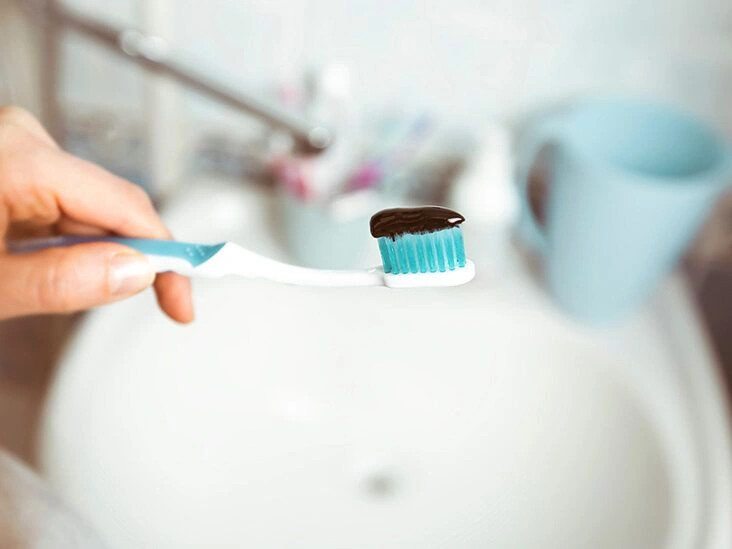

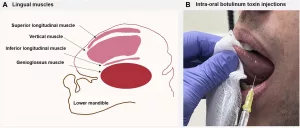
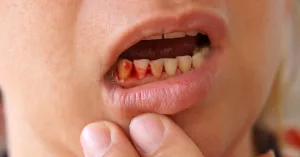
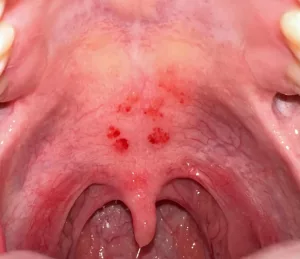
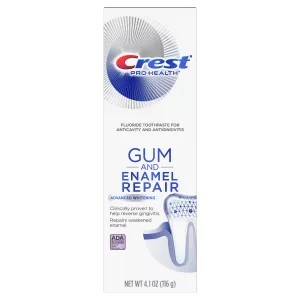
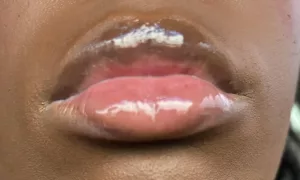
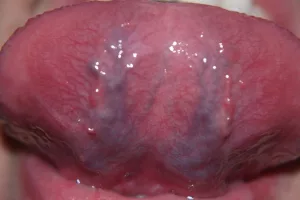
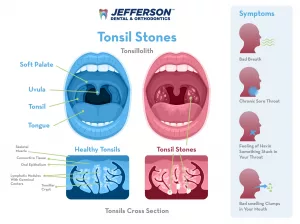
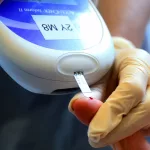
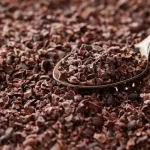
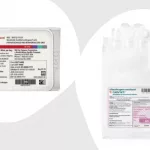
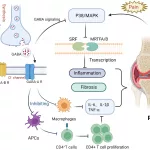







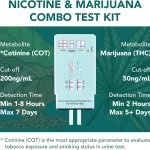


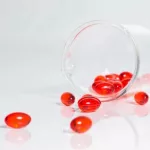
Leave a Reply
You must be logged in to post a comment.